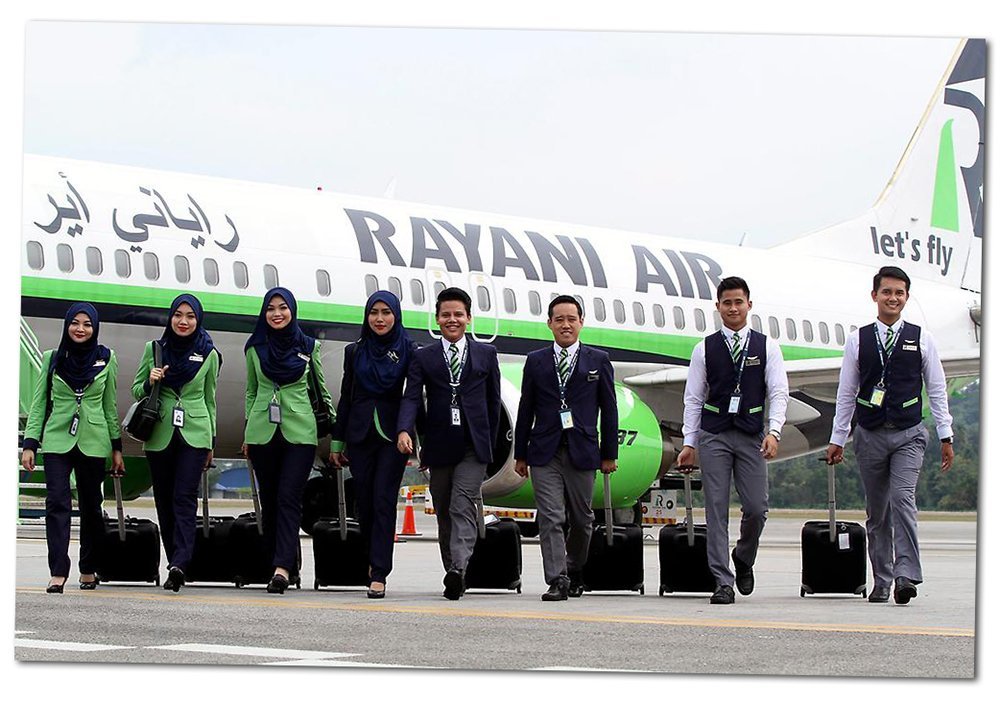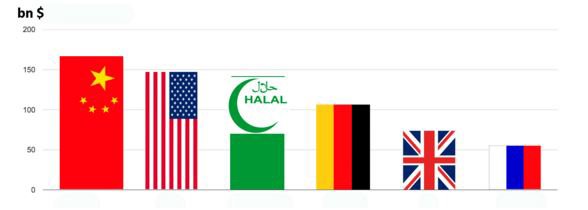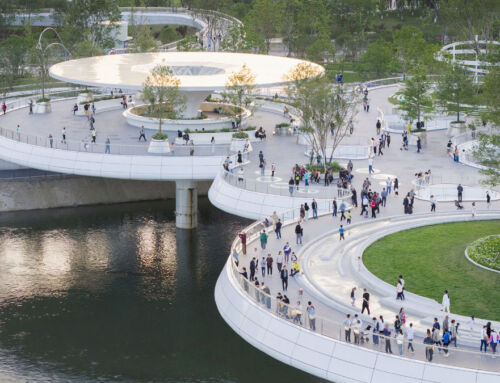Since Al Ghazali’s (1058-1111) advice for Muslims on how to conduct themselves in travel and Ibn Battuta’s (1304-1368) legendary voyages, which surpassed Marco Polo’s in terms of countries and miles, the concept of travelling (safar) is deeply embodied within Muslim culture. Not only is the pilgrimage to Mecca the fifth pillar of Islam, the act of travelling in itself is considered central to anyone’s intellectual and spiritual endeavours.
It is estimated that global Muslim spending on travel (excluding Hajj and Umrah) reached $150 billion in 2015, which is 13% of global travel expenditure. And it is expected to reach $240 billion by 2020, with one of the fastest growth patterns in the world. If this market were a country, it would be the third largest source of travel, only behind China and the U.S.
Halal (permissible) is a term that non-Muslims mostly understand when describing food. But it is also applied to a form of tourism in which services, facilities and activities are compliant with Islamic principles. This includes many aspects beyond food and beverage, such as the hotel’s room configuration and fitting, the use of common facilities, staff selection and even finance.
Numerous successful examples of businesses focusing on halal services (such as the OTA Halalbooking.com, the Turkish group Adenya Hotels or the Malay Rayani Air) highlight the growing importance of this segment.
Certainly, there are some challenges to take into account, such as catering to both Muslims and non-Muslims at the same time without alienating each other. Nevertheless, the global trends indicate a prosperous future for this sector. The great legacy of Muslim travel lives on.







